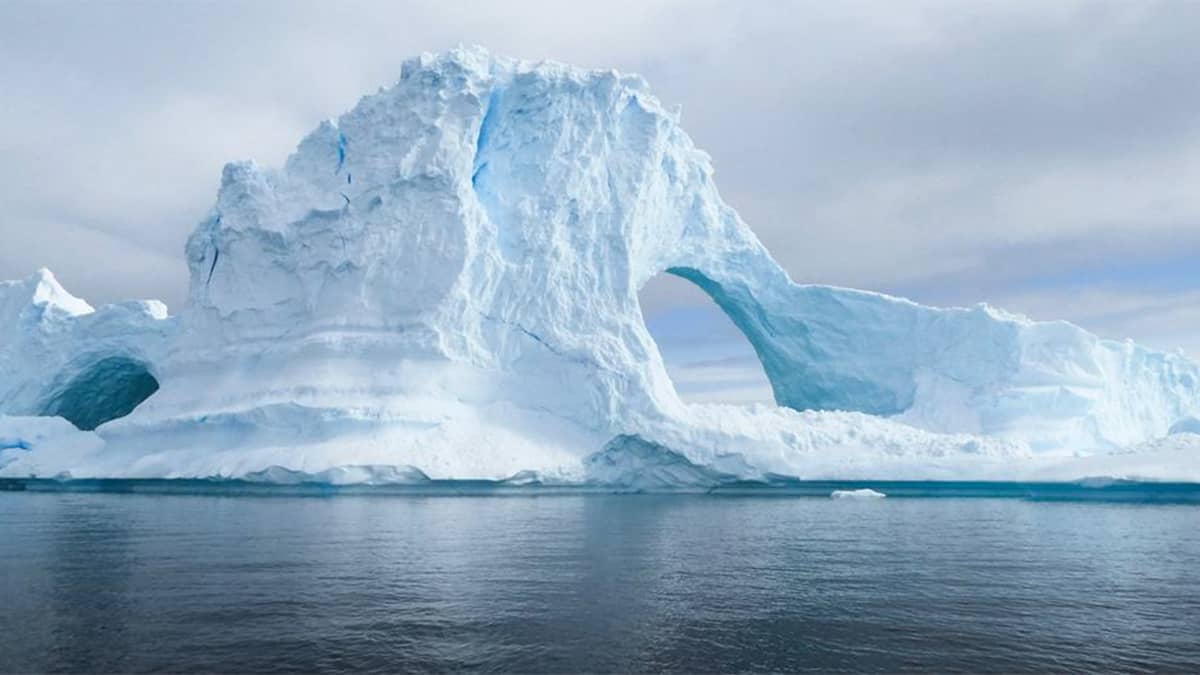The Secretary-General of the United Nations (UN) has warned of an “absolutely devastating” acceleration in Antarctic melting. António Guterres continues to appeal to world leaders to reach an agreement on reducing carbon dioxide emissions at COP28. The United Nations Climate Conference will be held from November 30 to December 12 in Dubai, United Arab Emirates.
Read more
UN Challenge
With a week to go until the meeting, Guterres said governments must take effective measures to reduce the planet’s greenhouse gas emissions.
We are witnessing an acceleration that is absolutely devastating. The world agrees with Antarctica.
António Guterres, Secretary General of the United Nations
Guterres also said that COP28 is an opportunity for the nation to “decide to phase out fossil fuels in a reasonable time frame” to meet the goals of the Paris Agreement of 2015. The proposal envisages efforts to limit or increase the average temperature of the planet is 1.5 ° C above two pre-industrial levels.
The UN Secretary General also highlighted that the UAE has found an opportunity for countries to commit to investing in renewable energy projects to improve the energy efficiency of existing networks and technologies.
These statements were made during a three-day official visit to the region, accompanied by the President of Chile, Gabriel Boric. Guterres will pass through the air base on King George Island and near the Collins and Nelson glaciers. Information provided by Agência Brasil.
Increase in temperatures
- A recently published UN report highlighted the need to reduce the greenhouse gas emissions target by 2030 to avoid a global temperature increase of more than 1.5 degrees Celsius.
- The Intergovernmental Panel on Climate Change (IPCC) also highlighted that unless the scenario changes, there will be a 3°C increase in temperatures by the end of the season.
- And to prevent this, all countries will aim to reduce emissions by 42% by 2030.
- Finally, a study published in the journal Nature Climate Change suggested that Antarctic ice is no longer “inevitable” due to rising temperatures.
- Other research, published in the journal Science Advances, revealed that nearly 50 Antarctic ice shelves have cooled by less than 30% since 1997, and 28 of them have lost more than half their ice in the same period.

